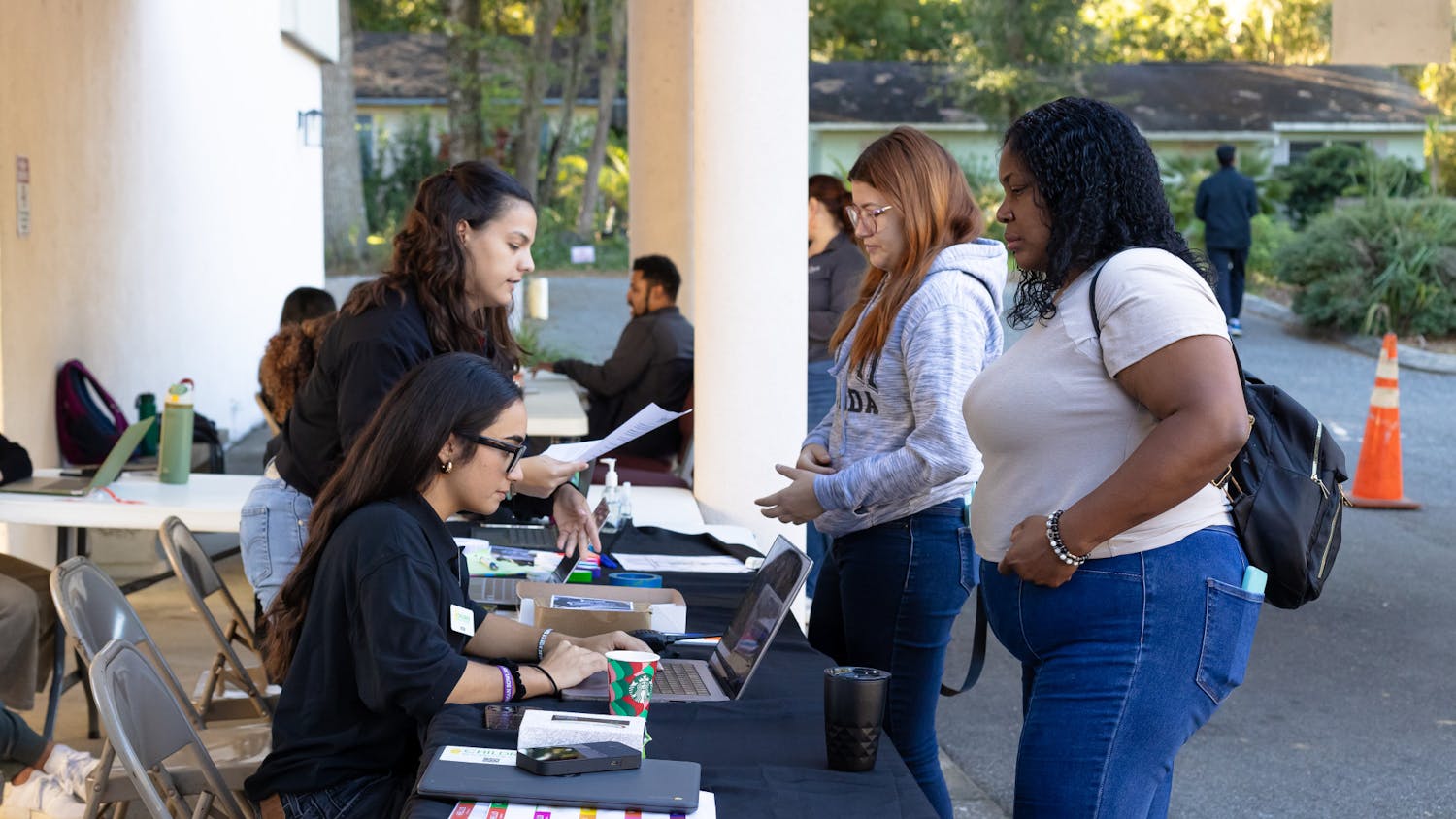The Hispanic community faces a unique and complex challenge: the art of code-switching. This linguistic duality allows us to navigate a world where cultural identity, professional advancement and social integration come together.
And as a second-generation American raised by Cuban parents in Miami, who grew up bilingual speaking Spanish at home and English in school, it wasn’t until I was a young adult when I first heard the term “code-switching” that I realized it was something I had been doing my entire life.
Code-switching is the act of shifting between two or more languages during a conversation, as well as the adjustments made by a member of an underrepresented community — whether intentional or not — in terms of their language, sentence structure, grammar, conduct and appearance to conform to the prevailing cultural norms.
While everyone can relate to having different ways of presenting themselves in different settings, Hispanic people use it to embrace their roots while also adapting to the expectations of mainstream American society.
Recently, I’ve seen creators on TikTok who have been using this term but not in its entire context. Many of them have, possibly unknowingly, reduced it to simply bilingualism. While switching between two languages in a conversation and combining words from multiple languages in one sentence falls under code-switching, it is more nuanced than this.
For example, the way I speak English in Miami is different from the way I speak English outside of Miami. At first, I did not notice that I was doing this, but eventually, it made sense. At home I was comfortable and able to be myself around people who were not going to give me dirty looks or judge me because of my Miamian/Cuban accent.
A misconception about code-switching is that you’re not being authentic because you are showcasing multiple personalities. However, it is important to remember that there has always been a stigma around Hispanic people.
In a world where Hispanic women are stereotyped as loud and opinionated, we need to protect ourselves from people who find us aggressive in the way we speak and carry ourselves. In job interviews, we need to code-switch because of the stereotype that our accent indicates a lack of education.
While this is true for so many people in the Hispanic community, it is not true for all. I truly admire anyone who doesn't conform to social norms and is unapologetically themselves no matter the setting because code-switching is a means of survival for many Hispanic people. It becomes exhausting to hide ourselves in fear of validating negative stereotypes.
In a perfect world, I wish I wouldn’t have to hide aspects of my personality to fit in or make a good impression on employers. This is why education and awareness about code-switching are vital, both within and outside the Hispanic community. I hope that after learning more about why Hispanic people and other minorities code-switch, we can all start working towards breaking these barriers and getting rid of these societal prejudices.
I am proud to be Cuban-American and to share all aspects of my culture with everyone who is open-minded and willing to embrace my accent, mannerisms and quirks of my personality.
Evelyn Miguel is a photographer for The Alligator.
Evelyn Miguel is a senior at UF pursuing a major in Women’s Studies and a minor in Mass Communications. She is currently a photographer for The Alligator. She loves music, traveling, and drama series.





